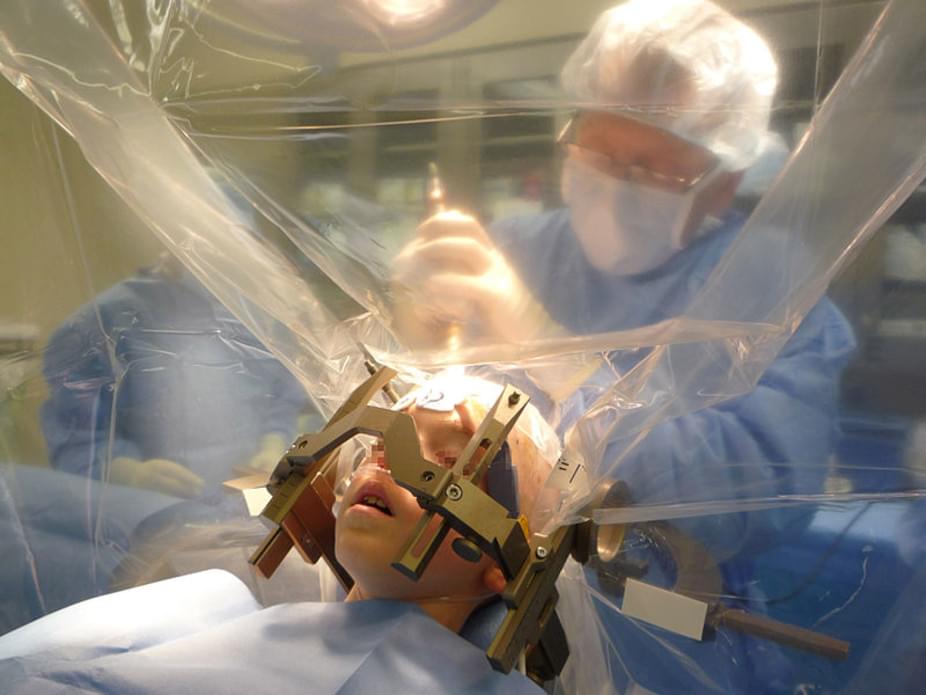Our complicated emotional lives can often feel like a prison. Insecurities, depression and anxiety can all hold us back in life. But what if we could just eliminate the mental states that we don’t want? Or enhance the moods we do? There’s every reason to believe that this may be commonplace in the future. In fact, a lot of the technology that could achieve this already exists.
More than half of us will have experienced an extended period of sadness or low mood during our lives, and about a fifth will have been diagnosed with major depression, although these figures depend a lot on the culture in which you live. The fact that mood disorders are so common – and also so difficult to treat – means that research into the future of mood modulation is constantly evolving.
If you go to a doctor in the UK with suspected depression today, you will start on a pathway of care including “talking cures” such as cognitive behavioural therapy, or drug treatments including serotonin re-uptake inhibitors like Prozac. People who do not respond to these treatments may progress to heavier regimes or combinations of drug treatments. Since most psychoactive drug treatments are associated with side effects, there is pressure to develop new treatment options that are better tolerated by most people.









Comments are closed.